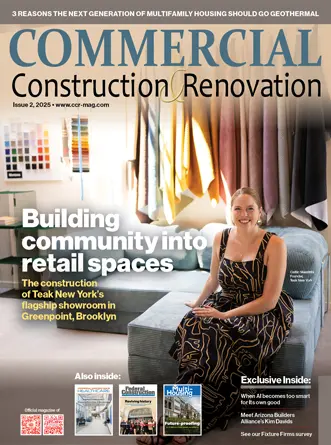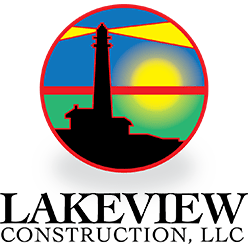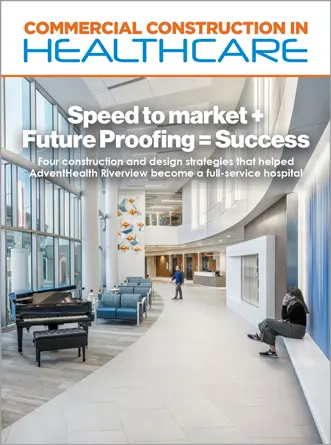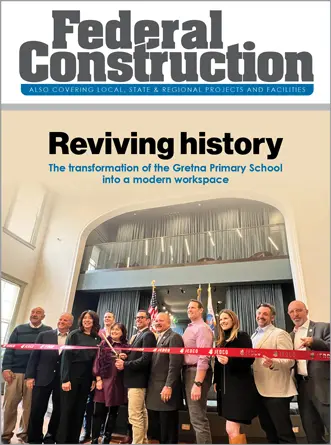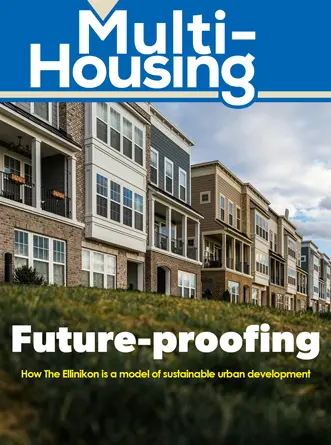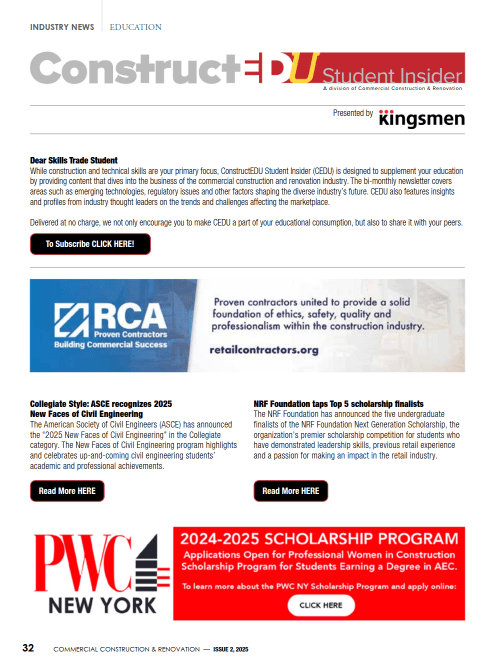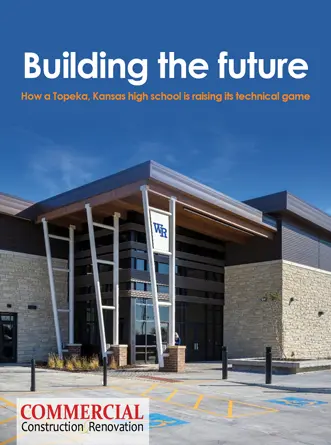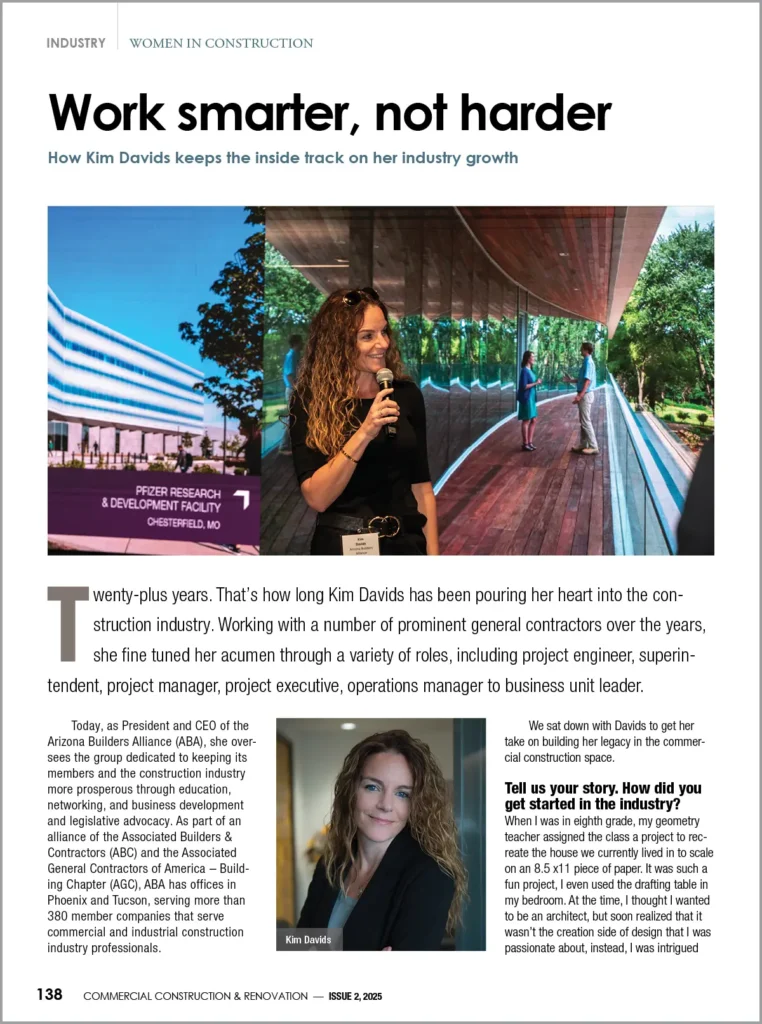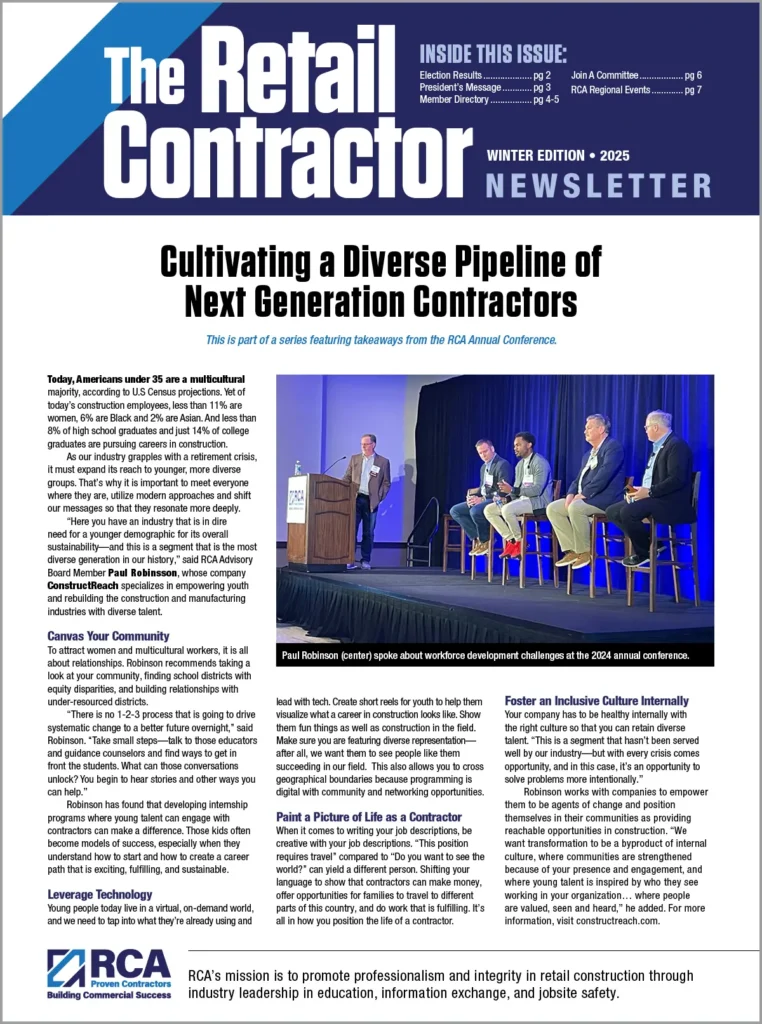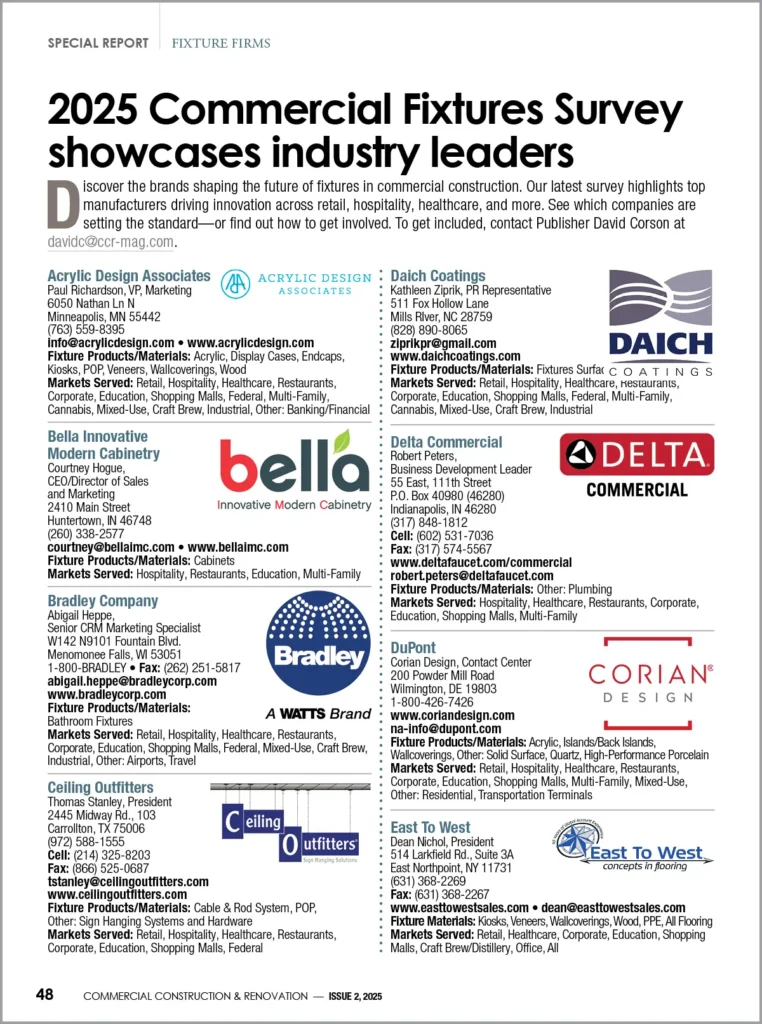Community engagement provides an excellent opportunity for your construction firm to scale. By taking stock of what you have to offer and hosting local events, you can build critical business partnerships, leading to exciting new projects.
The Benefits of Community Engagement
A strong foundation is vital to success in the field of commercial construction. By partnering with community stakeholders, your firm can build mutually beneficial relationships by:
- Participating in community outreach programs and civic initiatives to increase brand visibility and build goodwill.
- Partnering with local businesses and organizations to sponsor or host community-based events to get to know the neighborhood.
- Understanding local sustainability needs allows you to embrace eco-friendly processes, building goodwill within the community.
- Working with local pro-community organizations and local leaders helps you understand the needs of the community, increasing the potential for long-term partnerships.
Leveraging these relationships helps your firm avoid making critical errors that harm your business. For example, if developers approve building on a piece of land that the community doesn’t want developed, you can turn away such contracts. This will make your construction company stand out as being socially responsible and more likely to align with their wishes.
Another way to foster community relationships is by partnering with a non-profit, which can benefit your construction business. In addition to boosting your reputation and broadening your network, this step helps build brand recognition. It demonstrates that your company cares about corporate social responsibility and is dedicated to supporting the community.
Many clients are even willing to pay more for socially responsible companies. Be sure to work with charities that benefit local causes, like neighborhood development.
Another benefit of working with a non-profit is that it can improve employee morale. Staff members, especially millennials, are more productive, motivated, and fulfilled when they have jobs that benefit their communities.
Getting input about the needs of locals establishes a positive reputation for your firm, further enhancing opportunities and connections. But to reap these benefits, you’ll need to understand what your business can offer a community.
Enhance Community Involvement through a SWOT Analysis
To better align your construction business with local needs, you should first assess your company’s performance from a strategic perspective before creating partnerships that can help with your company’s community involvement. You can do this with a SWOT analysis, which stands for:
- Strengths: what your business does well.
- Weaknesses: areas you need to improve.
- Opportunities: areas where you can potentially fill a need.
- Threats: challenges you’ll need to address.
A SWOT analysis helps you to understand gaps and opportunities to better position your firm for the needs of a community. A great example of this is sustainable construction practices. If your company already has experience with sustainability regulations in construction, use this to position yourself as a partner that can further help a community just starting sustainability initiatives.
On the other hand, if your company struggles in that arena, this can be an opportunity to address that weakness. Create relationships in communities with a solid footing in green development to enhance your firm’s ability to address corporate social responsibility.
Either way, hosting a community event is a great way to create visibility for your firm.
Creating a Community Event
Building relationships at community events can improve your reputation. How do you create a community event? Your first step is to choose the type of event, which will depend on input from local stakeholders. Ideas include hosting a 5k run, charity concerts, block parties, gala events, food gatherings, etc.
Your objective is to build professional partnerships. With this in mind, start identifying your target audience and how you’ll market the event. Contact local businesses and organizations to recruit sponsors and partners. Create a marketing kit to easily share event details. Once you have set a date and venue, spread the word through social media and throughout the neighborhood.
How can you gauge if your event was successful? Attendance, fundraising, and post-event feedback will tell you if you met your objectives. Run another SWOT analysis to see how to improve further community-building events.
Your commercial construction company can grow substantially with successful community engagement that benefits local partners. Understanding how your business can assist locals helps you host successful community events and build long-term relationships.

